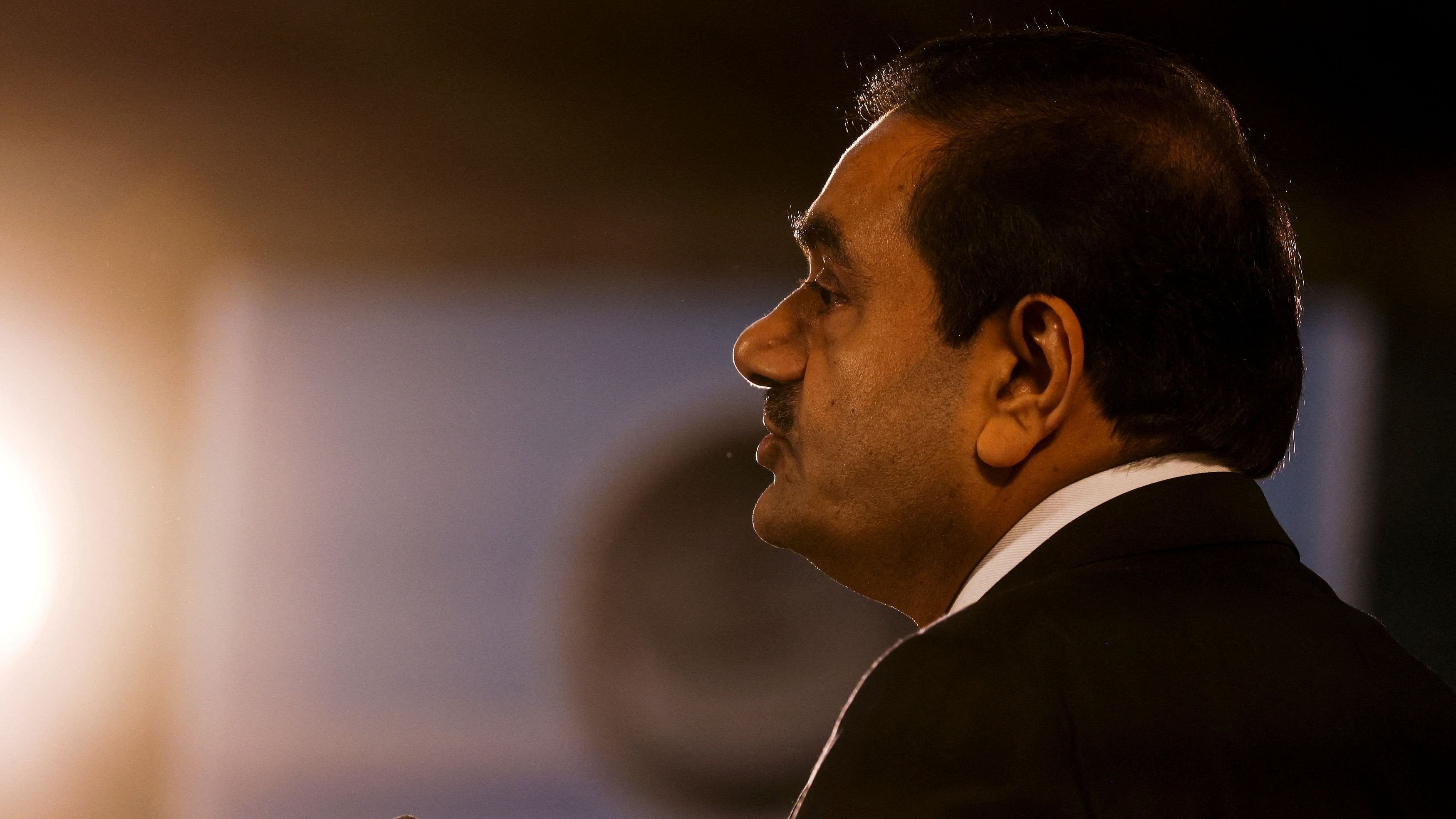
Gautam Adani
Credit: Reuters Photo
By Shuli Ren
You can run but you can’t hide.
Three years after Chinese developers began their train of defaults, global bond investors have cut their losses and dumped holdings. Instead, they have fled to other big names in Asia, betting that tycoon families from India and Indonesia to Hong Kong are too big to fail.
It’s hard to leave a lucrative field. Junk-rated dollar issues in Asia ex-Japan are on average offering a handsome 9 per cent yield, even as the spread over US Treasuries hovers near a five-year low.
Credit: Bloomberg
With few defaults this year, investors are feeling giddy. Assuming no further turbulence ahead, index-chasers could bag 15 per cent total returns for 2024, a much-needed reward. Many are even willing to give companies with a checkered past a second chance.
Indian miner Vedanta Resources Ltd. raised $1.2 billion in September after defaulting and restructuring in January.
In March, Adani Group stormed back into the dollar bond market with a $409 million sale, recovering from a high-profile short seller’s allegations made in early 2023 that it was “the largest con in corporate history.”
Credit: Bloomberg
But founder Gautam Adani’s latest legal woes with the US government have soured that upbeat mood. Prosecutors allege that Adani, India’s second-richest man, and other defendants promised to pay more than $250 million in bribes to Indian government officials to win solar energy contracts, and concealed the plan as they sought to raise money from US investors, including via bond sales.
While Adani denies any wrongdoing, the capital markets blowback is brutal. A renewable subsidiary had to scrap a planned $600 million bond sale, while Adani stocks and bonds tumbled.
Meanwhile, US-based GQG Partners LLC, run by emerging-markets star manager Rajiv Jain who last year took a $1.9 billion contrarian bet on Adani, is now on the back foot.
Reputation risk aside, it will be hard for any global manager to justify positions in Adani’s business operations, which rely heavily on government relations.
A group of units at Adani Green Energy Ltd., which had to scrap the bond issue, for instance, has a 1.1 gigawatt power purchase agreement with sovereign-backed Solar Energy Corporation of India. Adani Green’s mega 2020 order with SECI is under the US scrutiny.
Proper due diligence thus demands that every deal with the state needs to be checked out, now that the US government is claiming that Adani “personally” met with an Indian official to advance a multi-billion-dollar contract with bribes.
For bond investors who in theory look at collaterals and cash flows, the Adani name is becoming more toxic than in the aftermath of Hindenburg Research’s accusation that the group engaged in brazen stock manipulation.
After the US election, much debate has been on whether a second Trump presidency might blow up US interest rates and shut down the offshore dollar-bond market.
Ironically, the biggest elephant in the room turns out not to be an erratic Donald Trump, but investors’ blind faith in billionaire families. They have been systematically brushing away red flags.
After all, Adani is by no means an outlier. China Evergrande Group’s founder Hui Ka Yan was once the country’s richest man — now his empire is being liquidated.
Last year, traders got jolted by Hong Kong-based New World Development Co., worrying about the company’s ambitious expansions and debt accumulation. The flagship developer belongs to one of the city’s biggest dynasties, but its balance sheet looks nothing like its peers.
As we head into year-end, the holiday cheer that some offshore dollar-bond traders have been feeling is fading. Adani’s second scare is ruining their good mood.